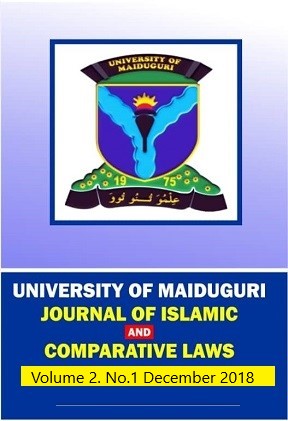An Appraisal of the Prohibition of Riba Under Islamic Law And Canon Laws: Comparative Analysis
Muslims scholars concur as to the illegality of Riba (usury) as
contained in the Holy Qur’an, the Sunnah i.e. tradition of Prophet
Muhammad (S.A.W.) and the Muslims consensus since the early stage
of Islam until today. The Arabic word riba linguistically means
increase and growth. It means increase in anything, or addition to
anything. In other words, it is increase in capital at the expense of the
wealth of others through wrongful and false means. Hence, any
addition however slight, over the principal sum lent is riba. This evil
activity i.e. riba creates selfishness, money-worship, cruelty, hardheartedness and kills the spirit of fellow feeling and co-operation. It is,
therefore, ruinous for society spiritually, morally and economically.
Islam has prohibited riba in order to protect the property of the
Muslims and not to be eaten unjustly, to encourage and direct Muslims
to invest their money through Halal i.e. lawful channels and block
anything that will generate hatred, evil and envy among the Muslims.
If riba is permissible, the needy will be required to pay back more on
loans; and from the moral aspect, it will weaken his feelings of good
will and friendliness toward the lender. Hence, if riba is prohibited in
a society, people will lend to each other with goodwill, expecting back
no more than what they have loaned, the spirit of mercy and charity
among Muslims will be firm and strong. The paper concluded by
recommended that financial institutions should reflect the provisions of
the Sharia in their transactions.
There are no reviews for this Journal.
About the Journal
About
Editorial Team
Curent issues
Archive
DOWNLOADABLES
Guide for contributors
Authors Response Form
Manuscript review Form
Make a Submission

